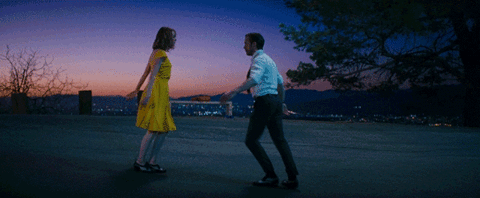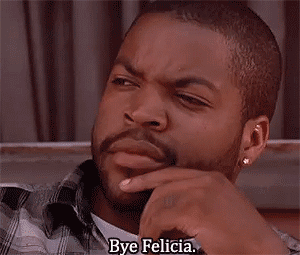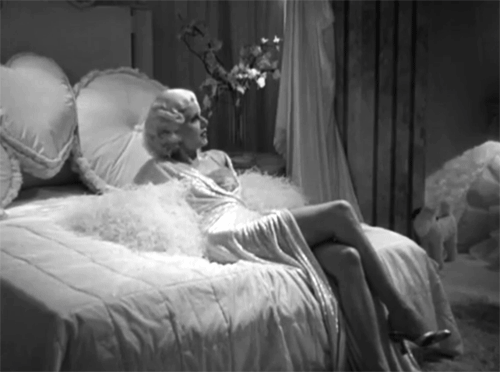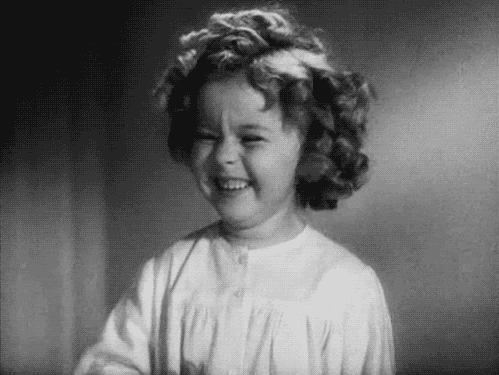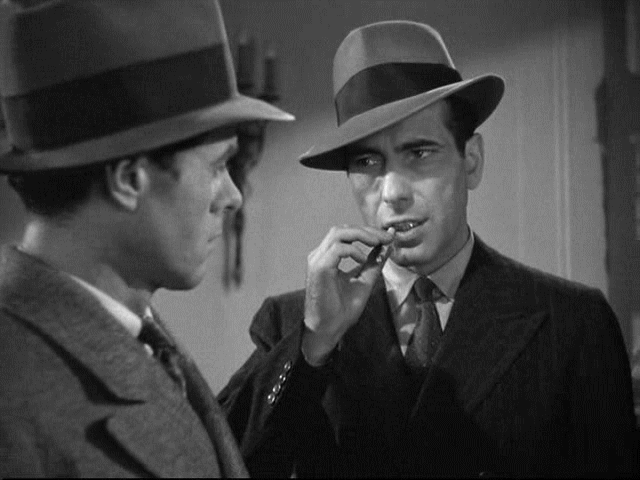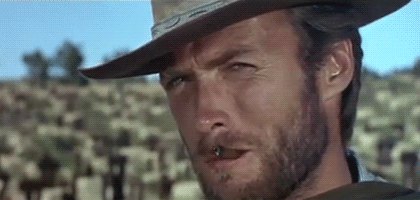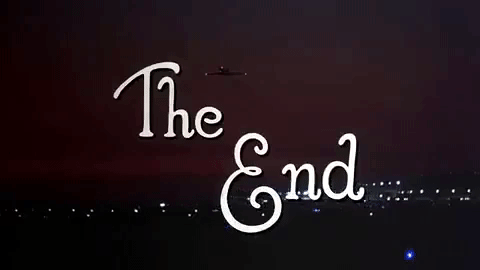From its star-studded studios to its star-lined Walk of Fame, Los Angeles is a city that shines bright, literally and figuratively. There are few things that can’t be found within its sprawling, sunny city limits—it just might take a while to get there, depending on traffic.
Even if you’ve never visited, its influence is still apparent. Los Angeles’s films scream from our screens and its celebrities plaster our pages, but, perhaps, less obvious are the linguistic contributions from the City of Angels.
Yes, this California metropolis has given us, or is closely connected to, a host of everyday words and sayings. So, let’s thank LA for these eight additions to the English language.
1. lalaland
Saying someone is in lalaland is a nice-ish way of saying they’re “out of touch with reality,” as if living in some fantasy world.Lalaland pops up as a slang term in the 1960s, the lala apparently imitating the sound of someone who is “crazy.” In the 1970s, La La Land emerged as a nickname for the city of Los Angeles, helped along by the fact that LA is its common abbreviation—and by the make-believe of its film industry.
The 2016 film La La Land brought more attention to term, particularly after that famous Academy Awards flub in 2017 when the film was mistakenly given the Best Picture Oscar meant for Moonlight. A real lalaland moment.
2. bye, Felicia
If someone tells you “bye, Felicia,” it doesn’t mean they got your name wrong … unless your name is Felisha.
Bye, Felicia is slang for telling someone to go jump in a lake—it’s a cold dismissal of them. It comes from the 1995 hit comedy Friday, set in South Central Los Angeles. In the film, the character Craig Jones (Ice Cube) utters the now-famous phrase to a character, Felisha, he’s snubbing.
The spelling of the character’s name has changed to a (yes, whiter) Felicia, but the meaning—a verbal flip of the middle finger—has endured.
3. bombshell
There are
bombshells
that burst in air, and then there are bombshells that burst onto the screen with flowing, blond hair and curves aplenty. The idea, here, is that such women have a sudden and sensational effect, like a bomb—which is why we also speak of huge, surprising revelations as bombshells. Bombshell, for “a sexually attractive woman, as in a blonde bombshell,” is first found in the late 1910s in show biz. One of the most famous bombshells, though, was the sizzling actress Jean Harlow, nicknamed the Blonde Bombshell, in part for her leading role in the 1933 film Bombshell.
4. Shirley Temple
Take a little ginger ale, add some grenadine, pop in a maraschino cherry, and you’ve got yourself a
Shirley Temple
.
Named for the Hollywood’s goldilocks darling in the 1930s (and, fun fact, later US ambassador), these nonalcoholic cocktails remain popular beverages for kiddos. As the story goes, a popular LA restaurant concocted the Shirley Temple for her to drink when the actress was still a child.
Temple, however, found the drink “icky,” as she once told NPR.
5. cut to the chase
We’ve all listened to someone blather and babble on when all we really want them to do is cut to the chase.
We have Hollywood to thank for this phrase that means “to get to the point.” Chase scenes are popularly considered the most exciting or interesting parts of films, so cutting to the chase (found in film context in the 1920s) means jumping to the most important part of the matter (an expanded sense recorded by the 1950s).
Now, if we could only get politicians to do it …
6. bogart
If you’re bogarting all the guac and queso at dinner, your dining companion may not want to eat with you again anytime soon.
This verb can mean “to bully someone,” alluding to Hollywood icon Humphrey Bogart, who often played gangsters or tough guys early in his career. To bogart can also mean “to take more than your fair share of something” or “to steal it,” originally used of marijuana joints, apparently named for the way the actor would take long drags of cigarettes on screen.
The “bully” sense is found in the 1950s, the “stealing” sense the late 1960s. Sorry if we bogarted your name, Bogart.
7. Eastwood Rule
Did you know that according to the rules of the Directors Guild of America, an actor or producer can’t fire a director and then take on that role of director themselves?
Yep, it’s called the Eastwood Rule, and it was named after none other than Clint Eastwood, who did just that while filming The Outlaw Josey Wales (1976). Who’s the outlaw, now, Clint?
8. Hollywood Ending
Saying something has a Hollywood ending is another way of saying it has a happy, and often sappy, ending (though be careful what you say if you’re getting a
massage
). This expression, in use since the 1920s, springs from the fact that many popular movies tie things up ever-so-neatly with a nice, little bow.
Unfortunately, life doesn’t always imitate art—though language certainly imitates Los Angeles.

